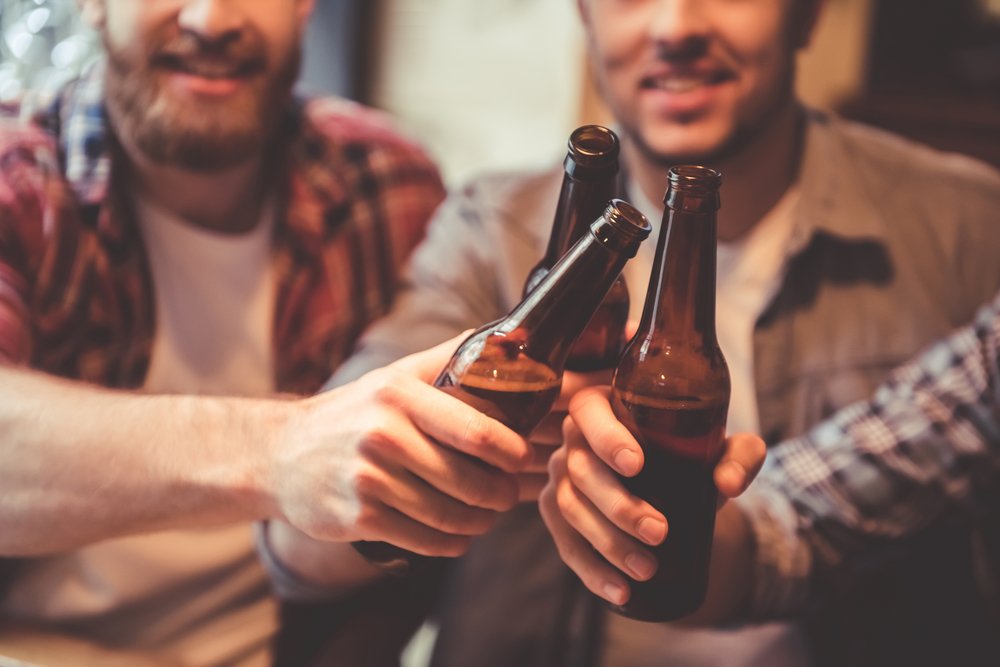Curious about how many beers it takes to get drunk? A DUI lawyer breaks down the science behind alcohol intoxication.

Image courtesy of Engin Akyurt via Pexels
Table of Contents
How Many Beers Does it Really Take to Get Drunk? A DUI Lawyer Breaks it Down
Alcohol consumption is a common social activity, but many wonder how much is too much when it comes to getting drunk. Understanding the science behind alcohol intoxication can help individuals make informed decisions about their drinking habits. Let’s delve into the factors that determine how many beers it may take for someone to reach a state of intoxication.
Understanding Alcohol Metabolism
When you consume alcohol, your body’s metabolic processes work to break it down. Alcohol is primarily metabolized in the liver by enzymes such as alcohol dehydrogenase and aldehyde dehydrogenase. These enzymes convert alcohol into acetaldehyde and then into acetic acid, which is eventually eliminated from the body. Factors such as gender, weight, age, and overall health can influence how quickly the body processes alcohol.
Individual Tolerance Levels
Tolerance refers to the body’s ability to handle higher levels of alcohol without feeling the effects as strongly. Individuals with higher tolerance levels may require more drinks to reach the same level of intoxication that someone with lower tolerance experiences with fewer drinks. Tolerance can vary among individuals and can also change over time, especially with consistent alcohol use.
Influencing Factors of Intoxication
Several factors can influence how quickly someone gets drunk after consuming alcohol. Mixing alcohol with other substances such as medications or energy drinks can amplify its effects and lead to faster intoxication. Other factors like the rate of consumption, food intake, hydration levels, and genetic predisposition can also play a role in how alcohol affects the body.

Image courtesy of www.shouselaw.com via Google Images
It’s important to recognize that alcohol affects everyone differently, and understanding your own body’s response to alcohol is crucial in making responsible decisions about drinking. Knowing your limits and being aware of how various factors can impact intoxication can help prevent dangerous situations such as driving under the influence.
Conclusion
Ultimately, the number of beers it takes to get drunk varies from person to person and is influenced by a combination of biological, genetic, and lifestyle factors. By understanding the science behind alcohol metabolism, individual tolerance levels, and the influencing factors of intoxication, individuals can make informed decisions about their alcohol consumption and prioritize their safety and well-being.
Whether it’s one beer or several, it’s important to drink responsibly, know your limits, and always have a plan for a safe way home if you choose to consume alcohol. Remember, the best way to avoid the risks of drinking and driving is to not get behind the wheel after drinking at all.
FAQ
How many drinks can I have before driving becomes illegal?
The legal limit for blood alcohol concentration (BAC) while driving is typically 0.08%. This can vary by state or country, so it’s safest to refrain from driving if you’ve consumed any alcohol.
Does the type of alcohol I drink affect how quickly I get drunk?
The alcohol content is what matters, not the type. Beer, wine, and spirits all contain ethanol, which is the intoxicating ingredient in alcohol.
How can I increase my tolerance to alcohol?
Tolerance is not a goal to strive for, as it can lead to increased alcohol consumption and health risks. It’s best to drink in moderation and be aware of your body’s response to alcohol.
How long does alcohol stay in your system?
Alcohol can be detected in urine for up to 80 hours, in blood for up to 24 hours, and in breath for up to 24 hours. Factors like metabolism, hydration levels, and liver function can affect how quickly your body eliminates alcohol.
Generated by Texta.ai Blog Automation
Leave a Reply